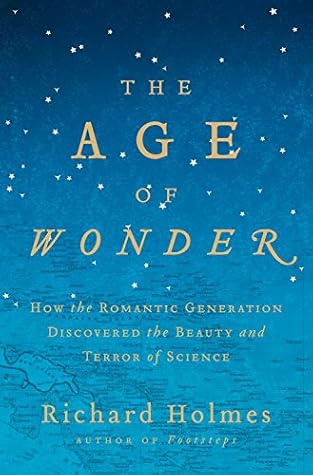More on this book
Community
Kindle Notes & Highlights
Read between
December 31, 2017 - January 20, 2018
‘The first step towards the attainment of real discovery was the humiliating confession of ignorance.’
his Essay 1, ‘On Heat, Light and the Combinations of Light’, he developed this into an entire cosmological vision, in which the whole universe was powered by starlight as well as Newtonian gravity, and would eventually be understood as a single unified idea.
me … With the most intense belief and prophetic manner, I exclaimed to Dr Kinglake, — “Nothing exists, but Thoughts! — the Universe is composed of impressions, ideas, pleasures and pains!”’
In fact this view was largely at odds with the scepticism of his private journals. Instead, it proposes that nothing in the world is lost, or wasted or destroyed. There is ‘one glorious wise design’ throughout the universe, and ultimately ‘all the system is divine’; a belief somewhere between Romantic pantheism and the old Enlightenment deism.
Herschel then commented to him: ‘An object is frequently not seen, from not knowing how to see it, rather than from any deficit in the organ of vision … I will instruct you how to see them.’
The meaning of such a term is like a rainbow — everybody sees a different one, and all maintain it to be the same.20 That final embracing reference
Of course whilst any facts remain unknown, no theory can be exactly true, because every new part must necessarily displace the relation of all the others. A theory therefore only helps investigation: it cannot invent or discover.’
This argument over a single word — ‘scientists’ — gave a clue to the much larger debate that was steadily surfacing in Britain at this crucial period of transition 1830-34. Lurking beneath the semantics lay the whole question of whether the new generation of professional ‘scientists’ would promote safe religious belief or a dangerous secular materialism.


